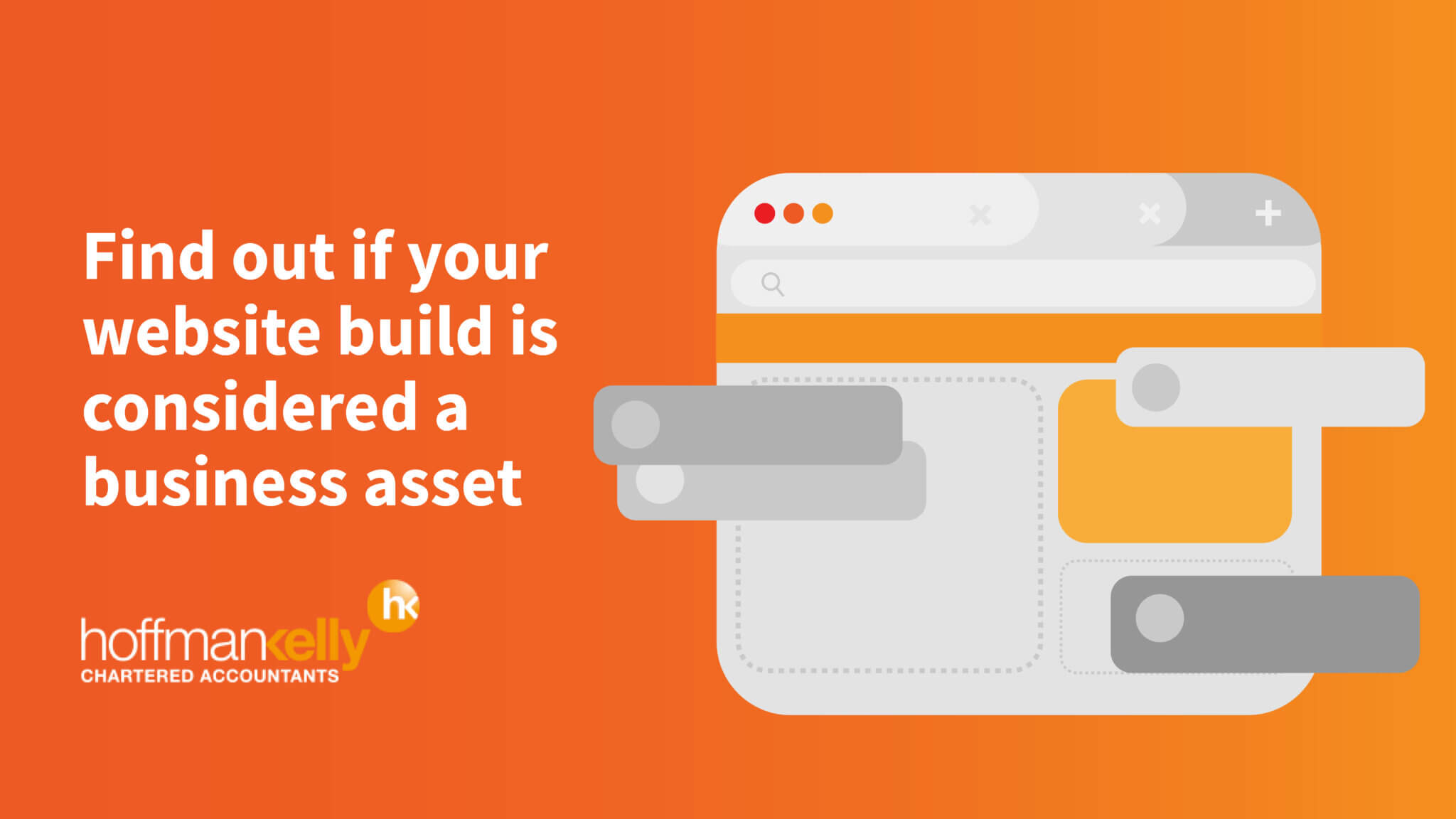Nearly all businesses will have an online presence, indeed a website is increasingly considered to be an ordinary business requirement.
We take a look at when is this expenditure deductible and when the tax deductions need to be spread over several years.
Generally, acquiring or developing a website, even if the website is very basic, is considered capital in nature. This is because the ATO takes the view that even a basic website is a fixed online presence that provides an enduring benefit to the business in terms of an enhancement to the profit-yielding structure of the business. It is therefore an asset and the expenditure on this item is not deductible upfront and needs to be claimed over a few years.
There are three possible options for claiming the expenditure if it is capital in nature:
- If you are a small business entity using the simplified small business depreciation rules the expenditure should be allocated to your general pool or can be written off if the amount is under the immediate deduction threshold. This is currently $20,000 however the government has advised the threshold will revert back to $1,000 on 1 July 2023.
For businesses that are not small business entities:
- Claim 20% of the cost for each year for five years, or
- Allocate the expenditure to a software development pool. You cannot deduct any amount in the year the expenditure is incurred, but can then claim 30% for the following three years and then the remaining 10% in the fifth year.
Once your website is up and running most of the associated ongoing costs are immediately deductible. However, not all expenditure is treated the same, some of the main ones are outlined below:
- Domain name registration fees – a pertinent one at present given the looming deadline to have your business’s equivalent domain names registered before 20th September (more here if you are unsure on the deadline) – are deductible over the period to which they relate. However, note that if you purchase an existing domain name at auction this will be capital expenditure.
- Lease payments for leasing a website from a web developer are generally deductible unless you have the right to become the owner of the website at a later date.
- Maintenance and small modifications to websites are immediately deductible if the work:
-
- preserves the website;
- does not materially alter the functionality of the website (i.e. not adding features that enhance the profit-making structure of the business);
- does not improve the efficiency of function of the website (note this can be back-end modifications to the website that has little discernible effect on the user experience);
- does not extend the useful life of the website.
- Piecemeal modifications over a long period of time can be deductible. As is often the case a website grows and changes significantly over time. Where these changes are carried out on a piecemeal or ad-hoc basis you may be able to immediately deduct these.
However, where a website has grown but it is part of a formal program of works to be implemented with a view to achieving a particular end state this will be capital.

